|
It feels a bit surreal to announce that our paper on age-based social selectivity in rhesus macaques is now out in Proceedings of the National Academy of Sciences. This paper has been several years in the making and we are thrilled that it is finally out in the world. In this paper we use longitudinal data from 204 macaques on the island of Cayo Santiago to show that females macaques show age-based changes in sociality that closely resemble patterns observed in humans. Specifically, we find that females actively narrow their networks as they get older and focus on important partners linked with fitness benefits including kin and 'friends' with whom they had strong and stable connections in previous years. Our findings offer the most conclusive evidence to date for social selectivity in a non-human animal and suggest that these patterns of social aging may have a common evolutionary driver in humans and other primates. You can find out more here by reading the open-access paper or check out this Twitter thread for a point-by-point summary!
0 Comments
I'm excited to announce that my first senior-author paper has been published in iScience! This paper was led by amazing PhD student, Melissa Pavez-Fox. In it we explore two pathways by which sociality can influence survival. Our findings suggest that being high ranking and well socially connected can prevent individuals from being injured, thereby increasing survival. Sociality did not, however, prevent individuals from dying following an injury. This study provides rare insight into one mechanism that can mediate the well-known benefits of sociality on an individual's fitness.
Excited to announce that our new Review - Social ageing: exploring the drivers of late-life changes in social behaviour in mammals - is now published in Biology Letters! Accumulating evidence suggests that social behaviour & social relationships commonly change across the lifespan in mammals (including humans!) - a phenomenon that has been called "social ageing". But a big outstanding question is how and why these late-life changes in social behaviour occur. Are they simply a consequence of physiological decline, or an adaptive response to changing needs and limitations in old age? Understanding what leads to social aging (and therefore if it can or should be prevented) is important as social relationships play a key role in health & fitness and are likely to be critical to ensuring healthier & longer lifespans. In this Review we describe 7 non-mutually exclusive explanations for social ageing in an effort to encourage researchers to quantify the relative contribution of these explanations & test interactions between them. We group these into 3 broad categories: (a) changes in sociality that occur as a result of senescence; (b) changes in sociality that result from adaptations to ameliorate the negative effects of senescence; and (c) changes in sociality that result from positive effects of age and demographic changes. We encourage researchers to use this Review as a guide as they work toward a deeper understanding of the drivers of social ageing. Doing so, we hope, will facilitate a clearer understanding of the consequences of social ageing for other patterns of senescence. To find out more you can read the Open Access article here: https://doi.org/10.1098/rsbl.2021.0643.
If you're interested in reading a lay summary of our recent findings published in Current Biology, you can find out more from a popular press article I've written for The Conversation Canada. Here I discuss what we can learn about the value of long-term social relationship from red squirrels and what red squirrels can teach us about maintaining those relationships from a distance, in the midst of a pandemic. Read more here.
Some of the exciting northern research that the Kluane Red Squirrel project is working on was highlighted in the July issue of Uphere Magazine, featuring yours truly! Always great to see information about the work we are doing here in the boreal forest reaching the larger community.
Video courtesy of the Group for Research and Education on Marine Mammals (GREMM) In an unexpected turn of events, I recently found myself writing an article for The Conversation, Canada ...about Narwhals no less! While Narwhals are far from my area of expertise, the article is a short piece exploring why we see adoption so frequently in the animal kingdom, even though it poses an evolutionary dilemma. The story stemmed from an unusual sighting this past summer in Canada's St. Lawrence River. Researchers from GREMM (the Group for Research and Education on Marine Mammals) spotted a narwhal swimming with a pod of belugas more than 1,000 km south of his Arctic home. If you're curious what the cause of this unlikely alliance might be, you can read more about it in my article here! The story has also been picked up by The Narwhal and The University of Guelph News.
|
AuthorHi, I'm Erin. I'm a scientist and nature lover. I also love to write, and although I don't find much time for informal, creative writing lately, I will try to use this space to indulge that passion a little. Archives
December 2022
|
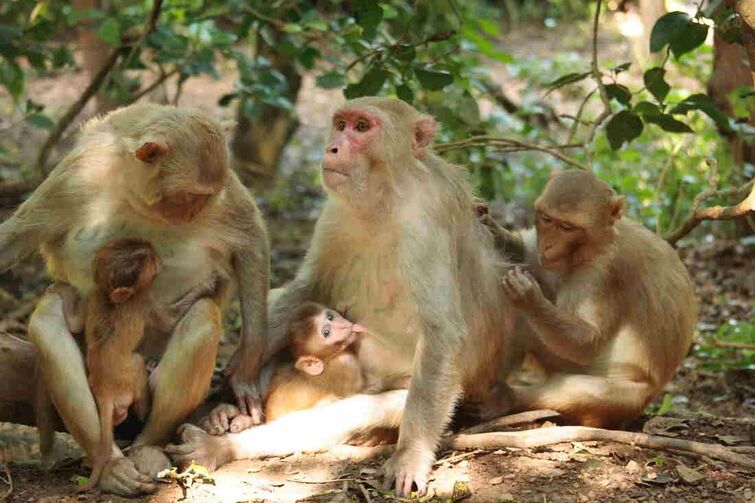
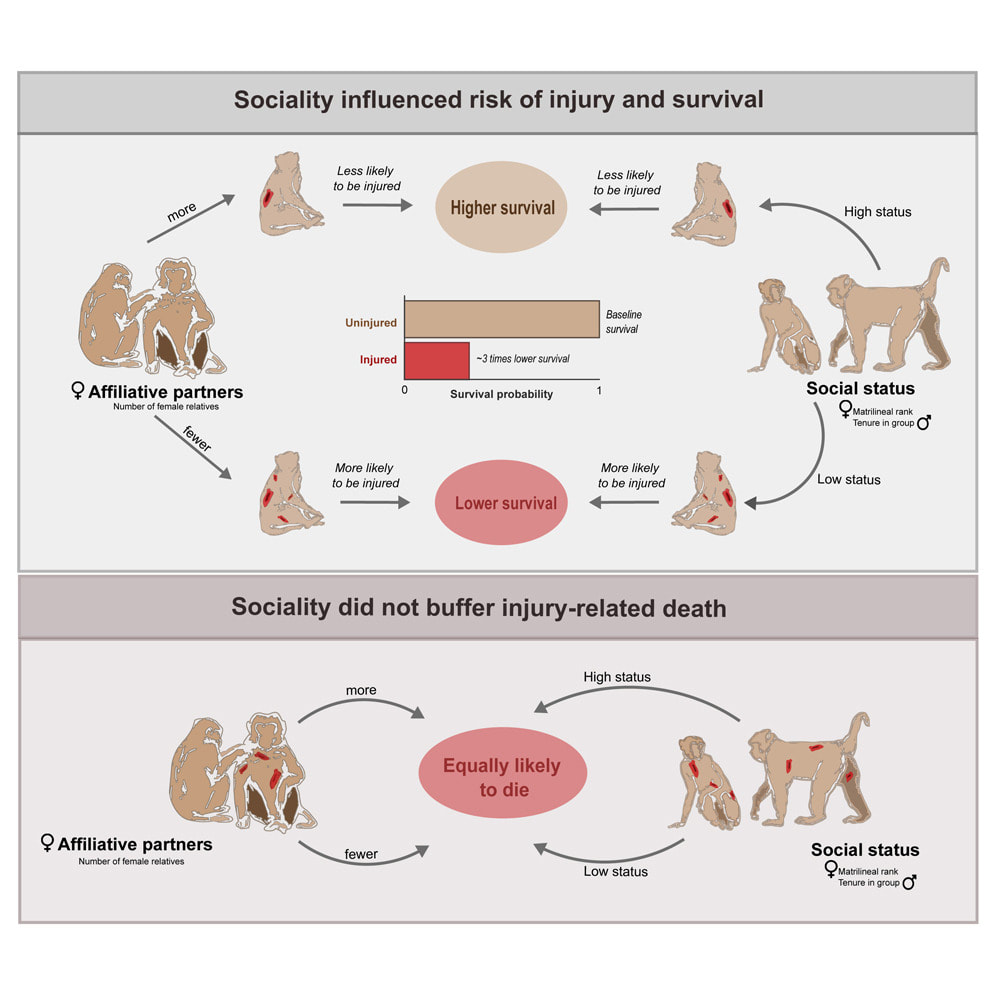
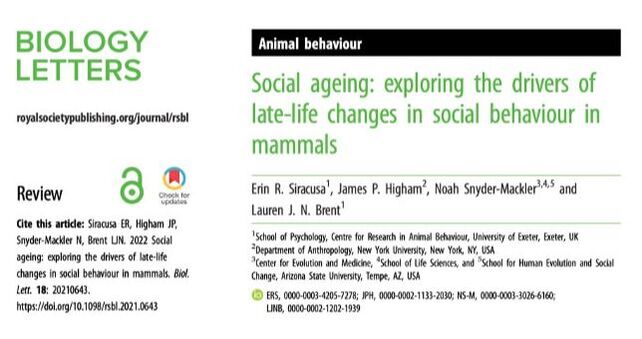
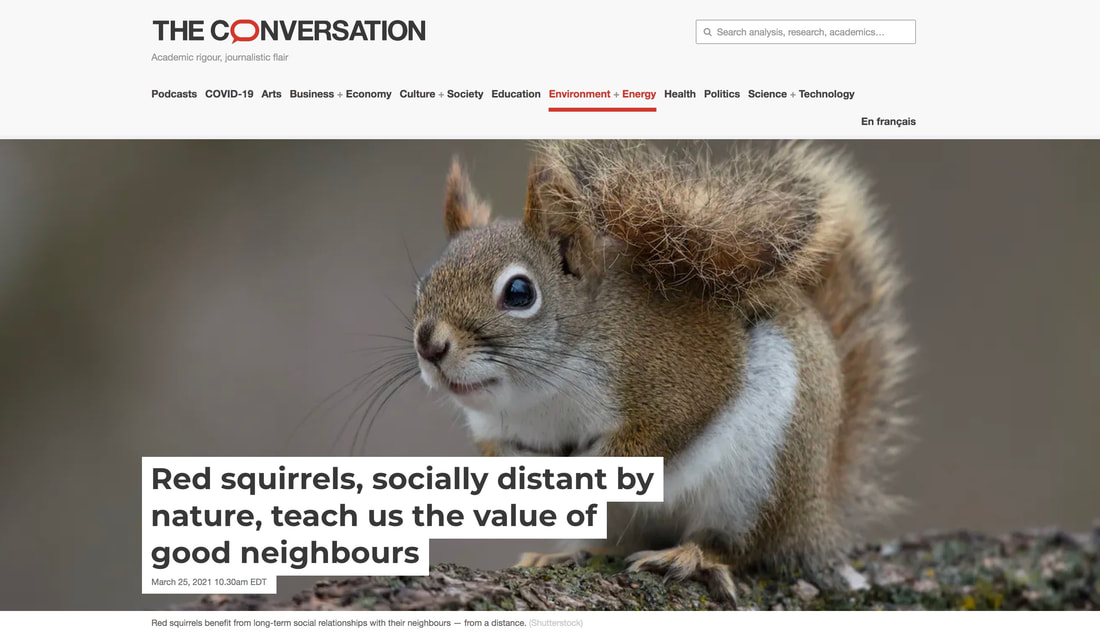
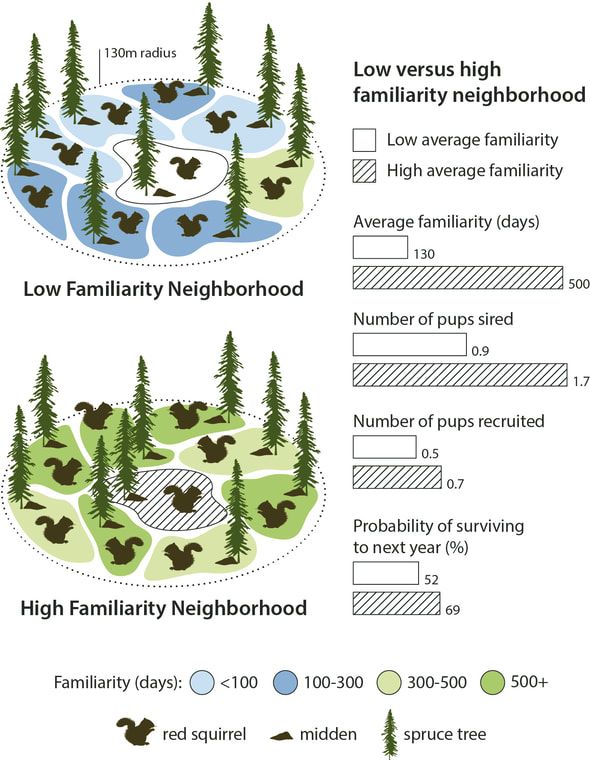

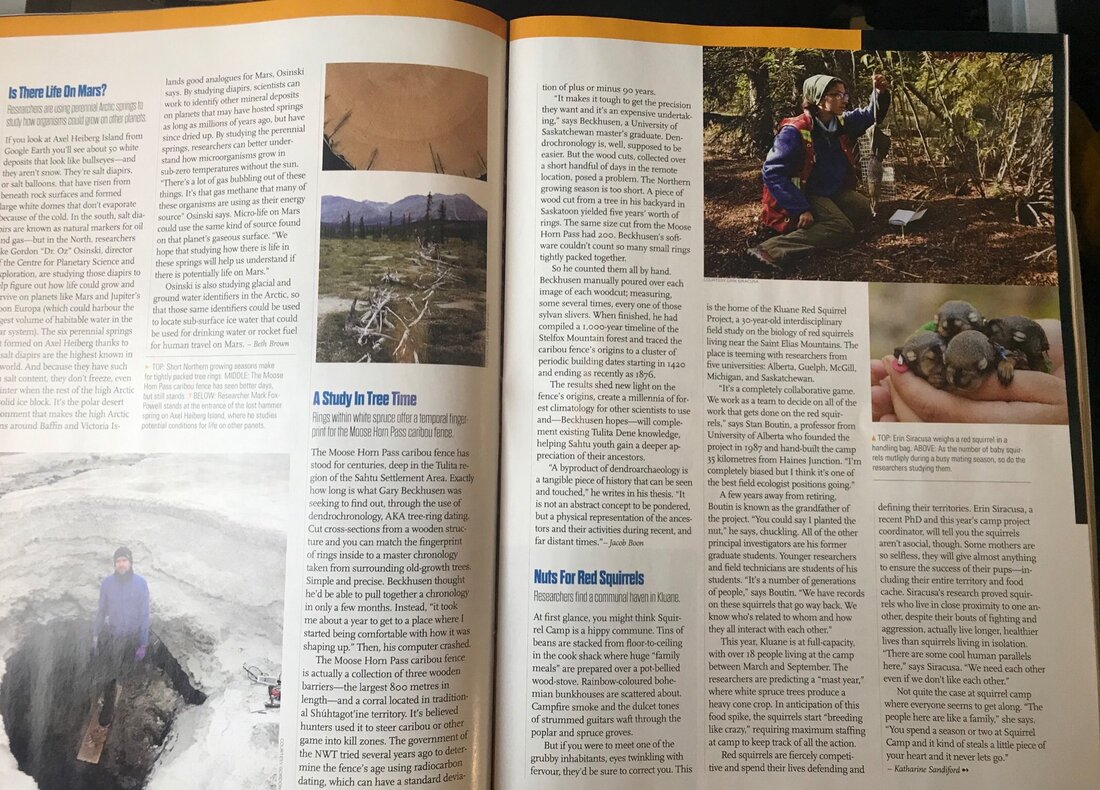
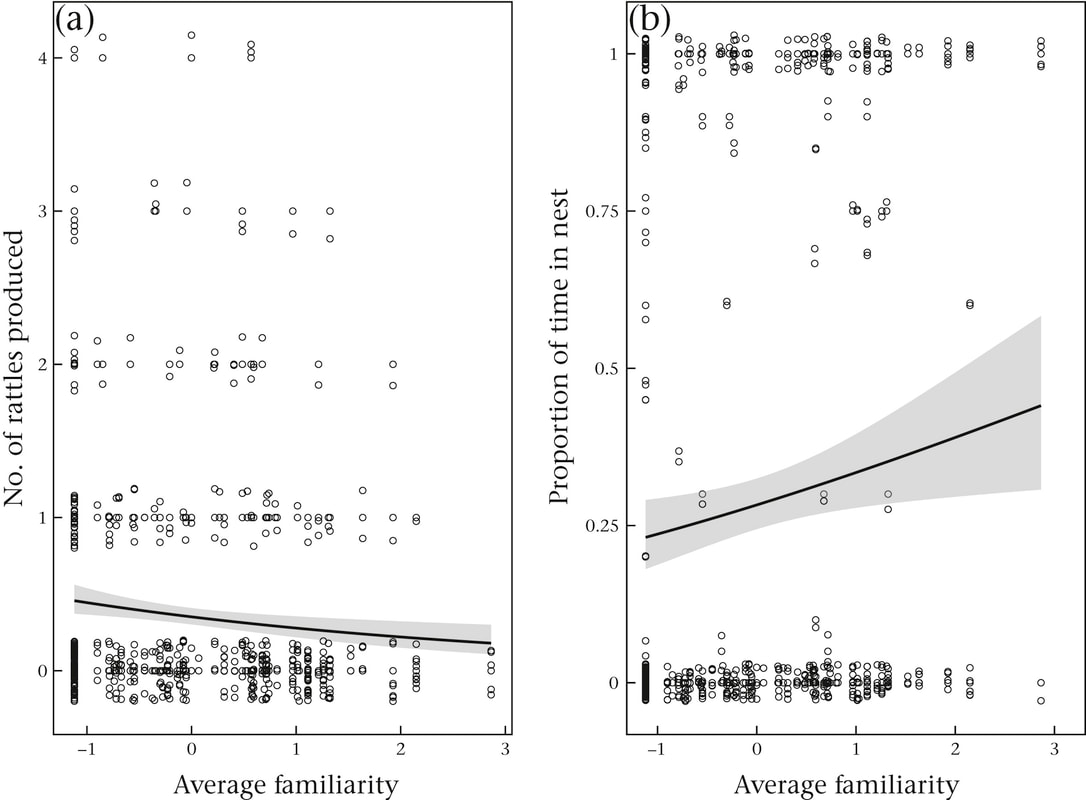
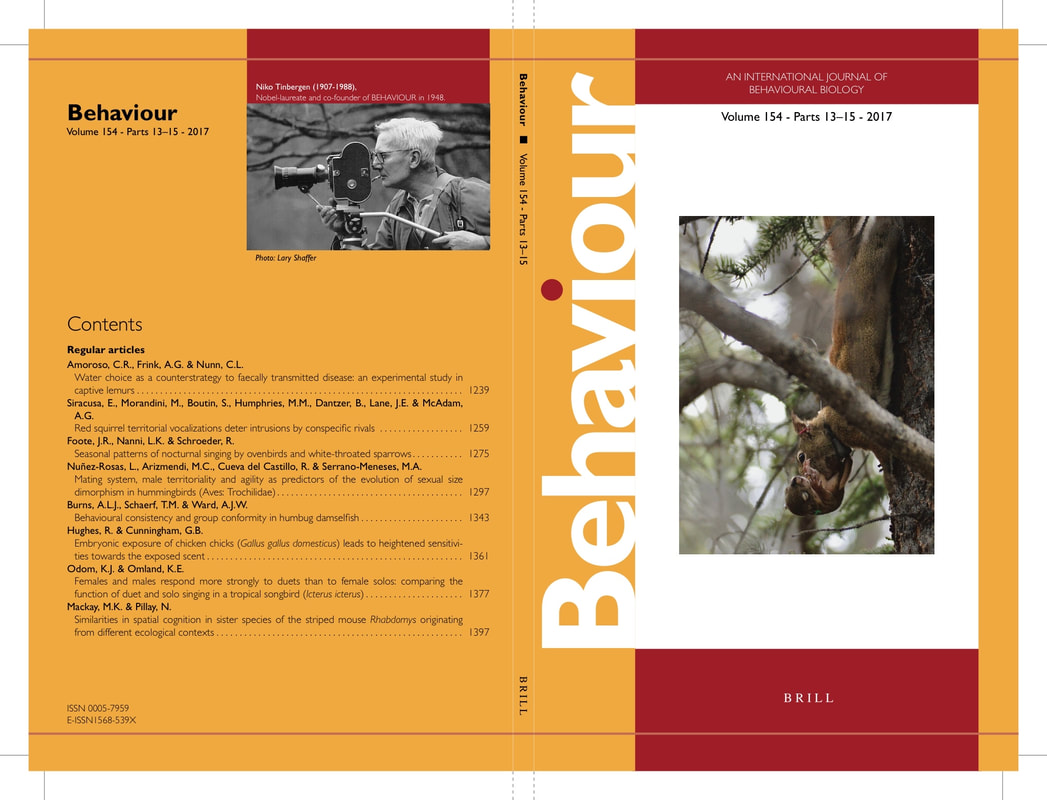
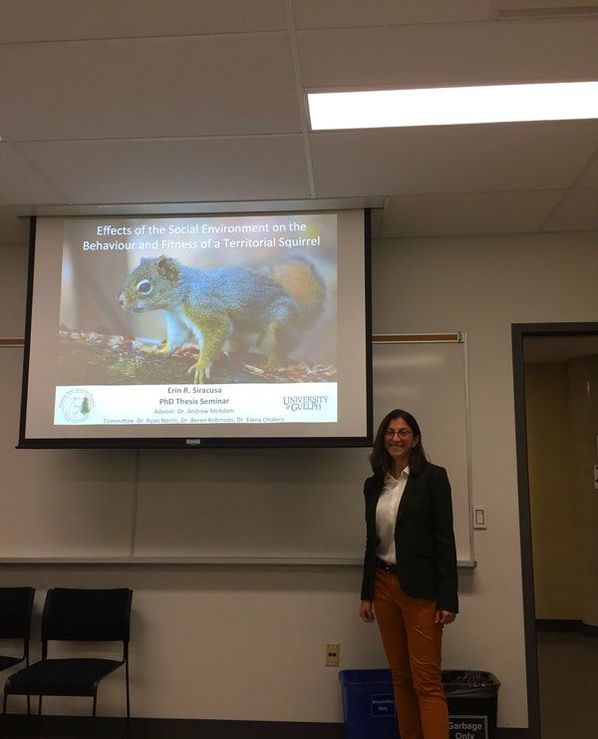
 RSS Feed
RSS Feed
